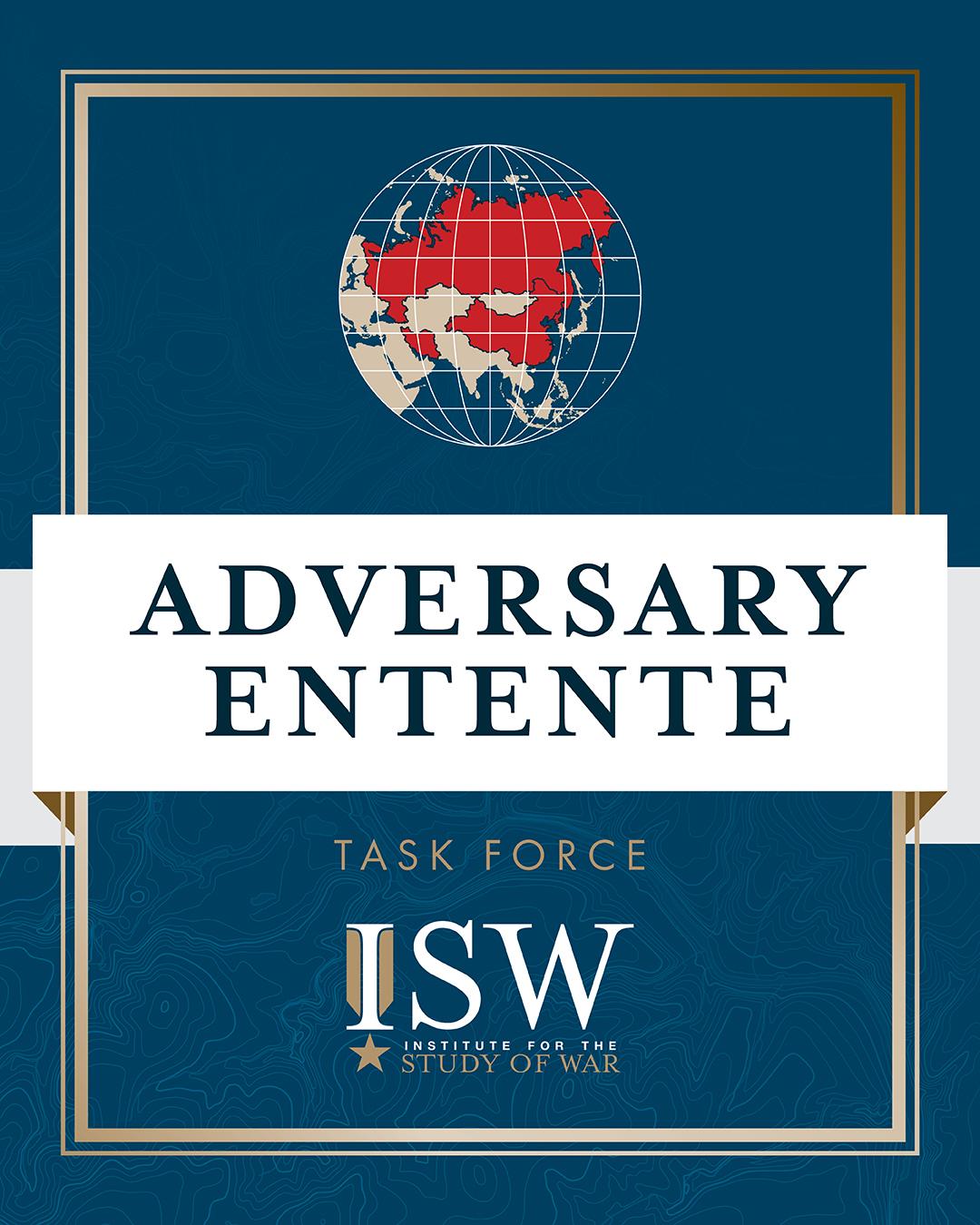Russian President Vladimir Putin offered to mediate talks between Israel and Iran following the start of the Israeli strike campaign into Iran. US President Donald Trump and Putin had a phone call on June 14. Russian Presidential Aide Yuriy Ushakov claimed that the call focused on the Israeli strikes on Iran and that Putin expressed a readiness to help mediate between Israel and Iran. Russian Direct Investment Fund (RDIF) CEO Kirill Dmitriev, who has been involved in Russian diplomatic efforts vis-a-vis Ukraine and the United States, claimed on June 15 that Russia could play a "key role" in mediating between Israel and Iran. Kremlin Spokesperson Dmitry Peskov reiterated on June 16 Russia's willingness to mediate and noted that Putin also had phone calls with Israeli Prime Minister Benjamin Netanyahu and Iranian President Masoud Pezeshkian in which Putin called for both Israel and Iran to negotiate.
Calls for renewed United States-Iran talks or the start of Israel-Iran talks are unlikely to result in a peaceful resolution to the Israel-Iran war, however, as nuclear talks collapsed and both Iran and Israel are unlikely to agree to engage one another diplomatically. Iran announced on June 13 that it withdrew from the nuclear talks following the initial Israeli strikes, and Pezeshkian said on June 14 that Iran will not participate in talks as long as Israel continues its strikes. Two sources told Axios on June 14 that Iran stated that it would only be willing to return to talks with the United States after Iran has finished its retaliatory strikes against Israel, and Pezeshkian said that Iran will not participate in negotiations during the Israeli strike campaign. Western media have since reported that Iran is open to returning to negotiations if the United States does not join the Israeli strikes, but Iran appears to maintain its negotiating position on its nuclear program, indicating that Iran is unwilling currently to compromise and negotiate an end to the conflict. Iranian Foreign Affairs Ministry Spokesperson Esmail Baghaei said on June 16 that the Iranian parliament is preparing a bill to withdraw from the Treaty on the Non-Proliferation of Nuclear Weapons (NPT), which Iran previously indicated that it would do in the event of US "coercion" or E3 (United Kingdom, France, and Germany) snapback sanctions. Israeli Ambassador to Russia Simona Halperin said on June 16 that it is "too early" for Israel to discuss a non-military settlement to the Israel-Iran conflict.
Putin is likely using the Israel-Iran conflict to present himself to Trump as a capable and willing negotiator as part of a broader effort to reset United States-Russia relations on Russian terms. Putin attempted to use the United States-Iran nuclear talks to portray Russia as the only possible mediator capable of achieving a satisfactory nuclear deal, but these talks collapsed before Russia had a chance to actually mediate. Ushakov claimed on June 14 that Putin reiterated to Trump that Russia proposed "specific steps" to find "mutually acceptable agreements" between the United States and Iran during Putin's June 4 last call with Trump and that both the United States and Russia are prepared to return to the negotiating table regarding Iran's nuclear program. Putin likely aims to use Russia’s stance on the Israel-Iran war to create the impression that Russia is amenable to restoring bilateral relations with the United States without having to make concessions regarding its war in Ukraine.
Key takeaways:
- Russia offers to mediate Israel-Iran talks: Russian President Vladimir Putin offered to mediate Iran-Israeli talks following the onset of the Iran-Israeli war on June 13. Neither Iran, Israel, nor the United States is likely to engage in productive talks for peace or Iran's nuclear program in the near term. Putin is likely using the Iran-Israeli war to present himself to US President Donald Trump as a peacemaker in a bid to improve bilateral US-Russian relations and secure concessions over the war in Ukraine.
- Entente responses to the Israel-Iran war: Russia and the People's Republic of China (PRC) condemned Israel's strikes against Iran and expressed support for a diplomatic settlement of the war. The PRC is attempting to balance between appearing to promote international law while maintaining good relations with Iran and other regional allies. Russia and other US adversaries are watching and learning from international reactions to the Israel-Iran war.
- Russo-Iranian coalition prospects: The Israel-Iran war may have limited impacts on Iran’s ability to sustain defense cooperation with Russia. Russia is currently less reliant on Iran than it has been in previous years since the start of the war in Ukraine, underlining the current asymmetry of the Russo-Iranian relationship. Russia’s lack of substantive response towards Iran emphasizes the limitations of Russia as a partner to states such as Iran, the PRC, and North Korea.
- Russo-North Korean civilian cooperation: Russia and North Korea are expanding road, rail, and air links as they promote civil cooperation. North Korea can use these transportation links to send more workers to Russia and reap economic benefits.
- Sino-Russian competition in Central Asia: CCP General Secretary Xi Jinping signed a multilateral treaty of friendship and bilateral agreements with all five Central Asian states at the second China-Central Asia Summit in Kazakhstan. Kazakhstan announced that it would purchase its first nuclear power plants from both Russia and the PRC, highlighting how Central Asia is balancing between the two dominant powers in the region.
| 




 [ISW] 러시아의 공세 캠페인 평가, 2025년 6월 18일
[ISW] 러시아의 공세 캠페인 평가, 2025년 6월 18일
 [ISW] 이란 업데이트 특별 보고서, 2025년 6월 18일, 모닝 에디션
[ISW] 이란 업데이트 특별 보고서, 2025년 6월 18일, 모닝 에디션